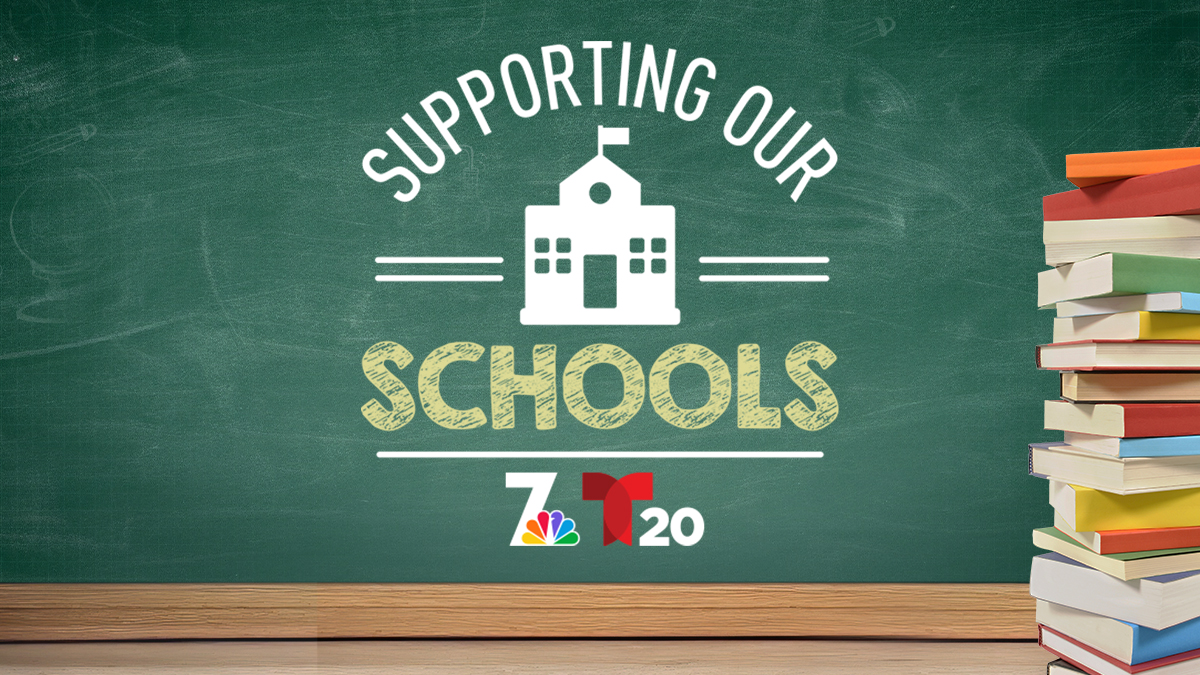The city could be joining 100 other cities in California in banning the product. NBC7’s Llarisa Abreu looks at how that could affect local restaurants
A plan to end the use of Styrofoam and single-use plastic containers in San Diego was announced Thursday by city councilmembers and environmental leaders.
The measure proposed by councilmembers Chris Ward and Barbara Bry would restrict the amount of expanded polystyrene (EPS) products restaurants can purchase and sell.
Egg cartons, coolers and take-out containers are some of the many ways EPS is used in the city of San Diego. The group said EPS, or Styrofoam, is a petroleum-based, non-degradable product that is difficult to recycle.
The plan aims to replace Styrofoam containers with biodegradable, environmentally-friendly containers.
"Polystyrene food take-out containers are not recyclable and pervasive within our community," said Michael Torti with the Surfrider Foundation in San Diego.
Torti said the foundation gathered more than 12,500 pieces of single-use plastic waste at San Diego beaches in 2017.
Ward said the policy is a step towards achieving San Diego's Climate Action Plan, a goal of zero waste by the year 2040.
Local
"It’s time San Diego joins over a hundred cities throughout California that have already banned these harmful environmental pollutants and moves forward toward a more sustainable future,” Ward said.
The proposed ordinance was sent to the city council’s Rules Committee for consideration, Ward said.
The California Restaurant Association San Diego Chapter said a ban on styrofoam wouldn't make sense, and suggested attention be turned toward the mixed-paper recycling crisis.
Recycled expanded polystyrene has domestic markets and has not been as impacted by China’s National Sword Policy. The challenge for every Material Recover Facility (MRF) is that mixed paper bales currently have no value in the market. A proposed ban for a product that is less than one percent of the waste stream and has a domestic market does not make sense. We need solutions for our mixed paper crisis," the chapter said in a statement.
The San Diego Regional Chamber of Commerce echoed a similar sentiment in a statement.
"A proposed ban only harms the small business owner and will not reduce waste. We need sensible solutions that modernize and stimulate investment of our domestic recycling infrastructure... A ban would only create more mixed paper and would do nothing to help the environment, reduce landfill waste, or actually create solutions for a more stable and thriving recycling industry."



